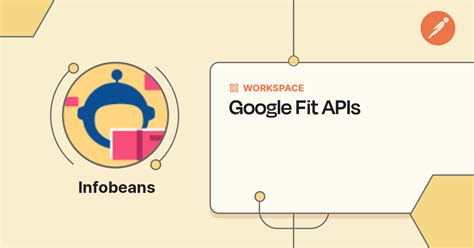The recent announcement by Google regarding the shutdown of Google Fit APIs in 2025 has sparked concerns among users, especially those reliant on fitness devices that integrate with the APIs. The comments from users reflect a diverse range of experiences and perspectives on the implications of this decision. While some have expressed frustrations with Google’s track record of product discontinuations, others have highlighted the potential challenges in finding suitable alternatives.
One of the recurring themes in the comments is the issue of data privacy and control. Users are increasingly looking for solutions that prioritize local storage and a decentralized approach to health data management. The shift towards device-local APIs, as seen in Google’s Health Connect, is viewed as a step in the right direction by many users who prioritize data security and ownership. The emphasis on local-first with cloud backup resonates well with individuals seeking more control over their fitness data.
Amid discussions on alternatives and user experiences, the conversation extends to broader critiques of Google’s product strategy and approach to user-centric design. The comments delve into the challenges faced by developers and users when platforms undergo significant API changes or shutdowns, leading to disruptions in app integrations and services. The need for seamless transitions and clear communication from tech companies like Google is highlighted as essential in maintaining user trust and satisfaction.
Moreover, users share their journeys of transitioning to de-googled ecosystems and exploring non-Google solutions for services like email, calendar, file storage, and maps. From using Proton and Fastmail for communication to leveraging Nextcloud for file storage and calendar needs, individuals are actively seeking alternatives that align with their data privacy and security preferences. The evolution of user behaviors towards decentralized and self-hosted solutions reflects a growing awareness of data sovereignty and digital independence.
As the tech industry continues to witness shifts in user preferences and demands for more ethical and transparent services, the impact of decisions like Google Fit APIs shutdown reverberates across the digital ecosystem. From concerns over data security to reflections on shareholder value and corporate responsibility, the comments offer valuable insights into the complex interplay between technology, user expectations, and corporate strategy. Navigating this landscape requires a balance between innovation, user empowerment, and data protection.
In conclusion, the dialogue sparked by the Google Fit APIs shutdown sheds light on the evolving dynamics between users and technology companies. The user narratives shared in the comments underscore the importance of user-centric design, data privacy, and seamless transitions in shaping the future of digital services. As users seek more control over their data and choices, the tech industry faces the challenge of balancing innovation with user trust and satisfaction. Exploring alternatives, advocating for data sovereignty, and fostering transparent communication are essential steps towards a more user-oriented and privacy-conscious digital landscape.


Leave a Reply